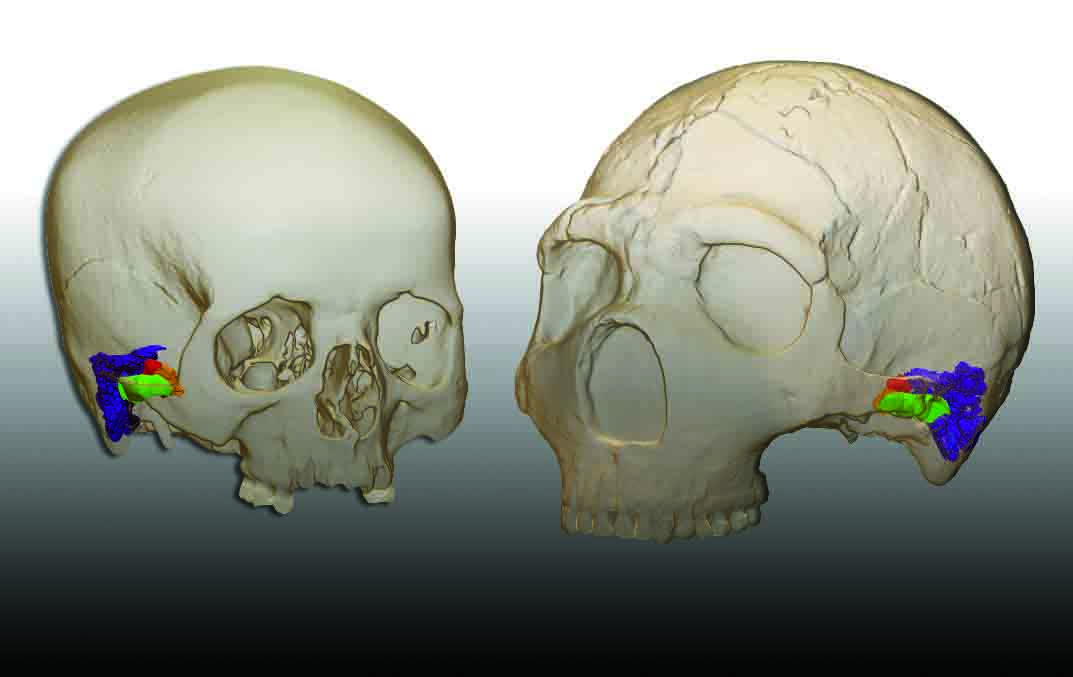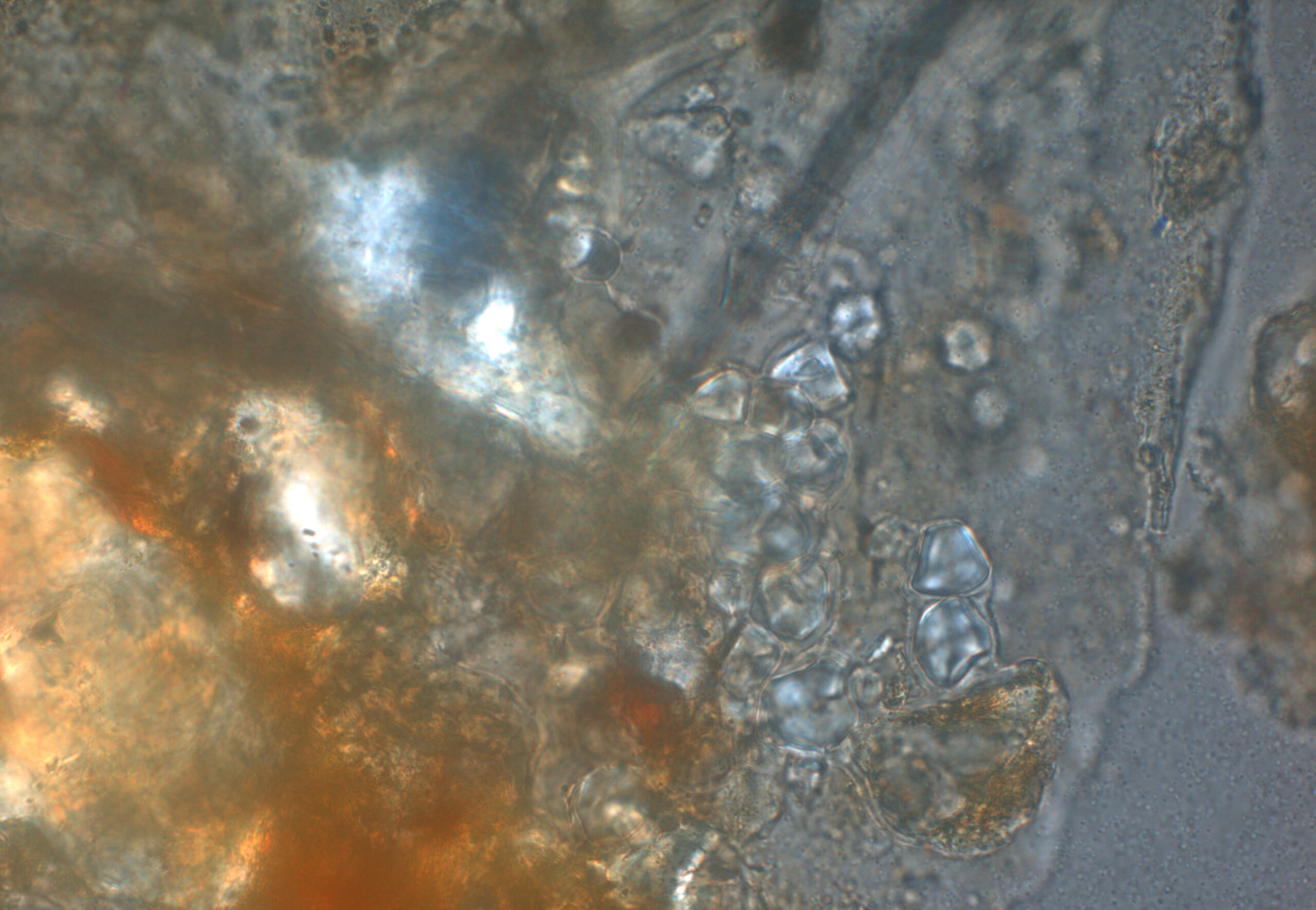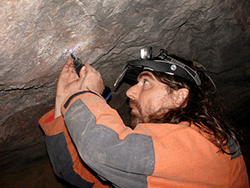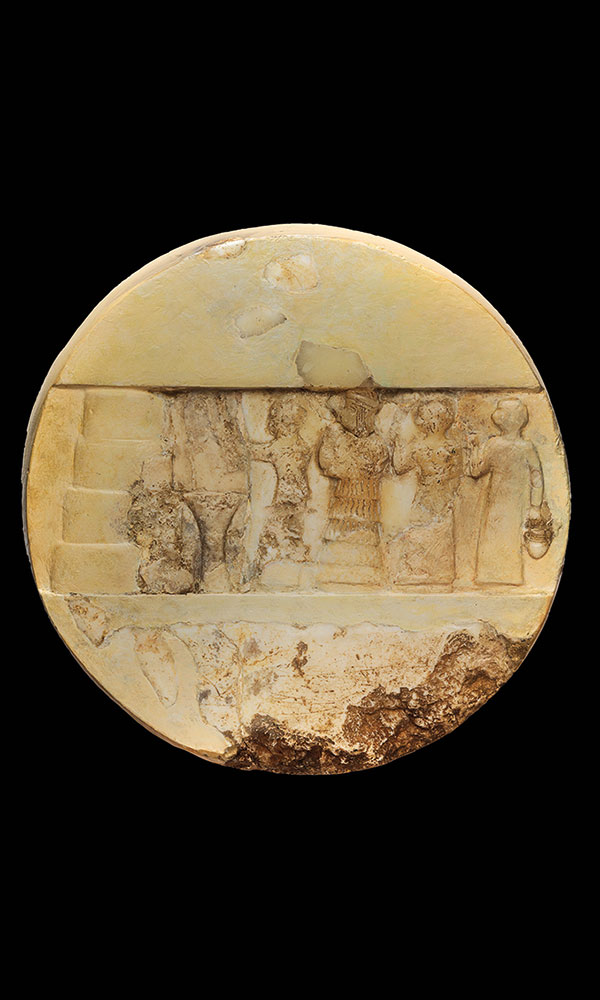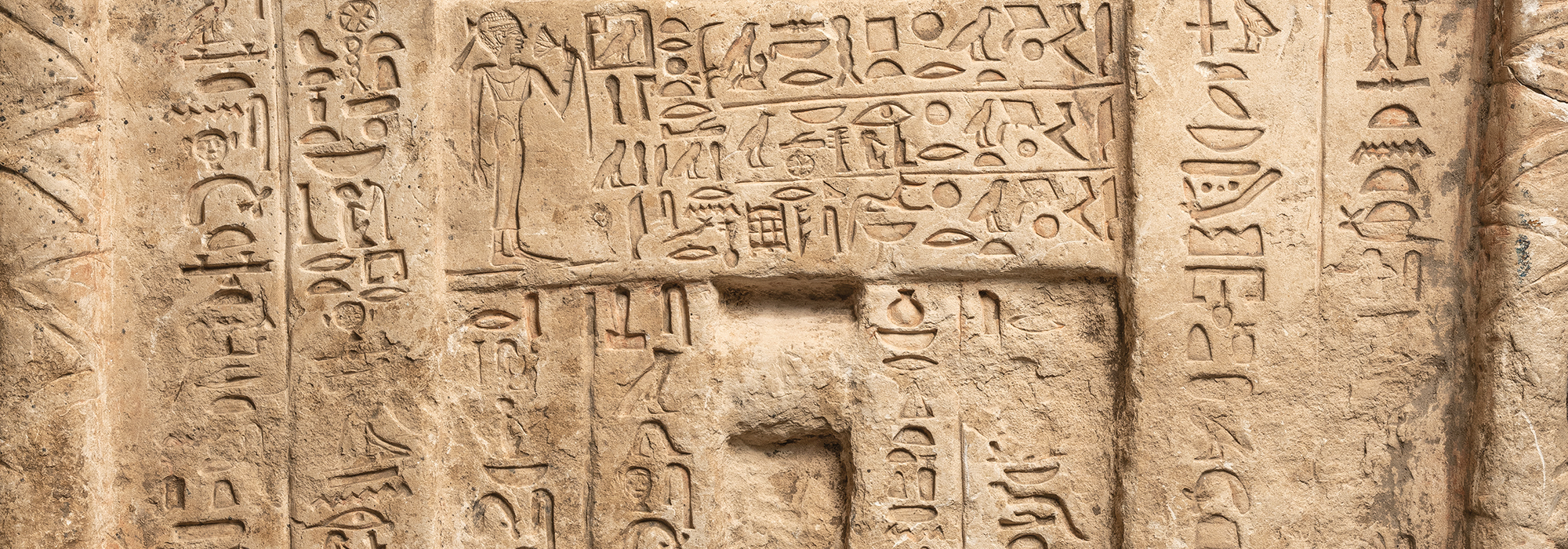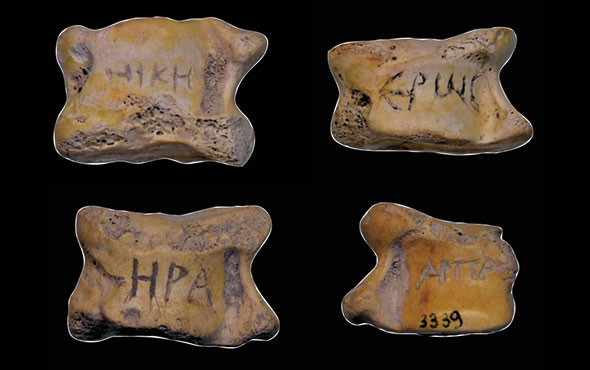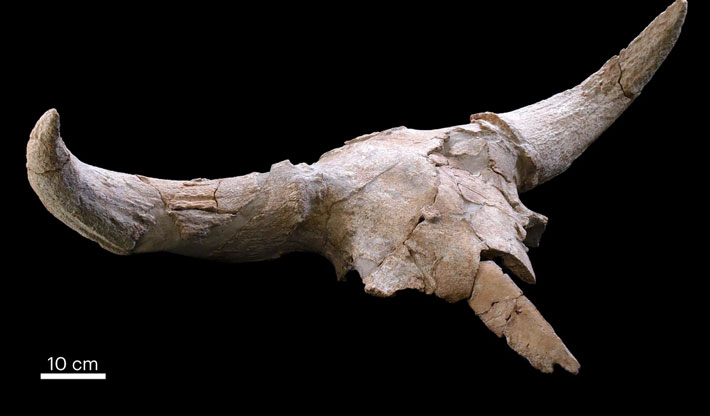
MADRID, SPAIN—According to a Phys.org report, a large number of 40,000-year-old animal bones have been found in the third level of Spain’s Cueva Des-Cubierta by Enrique Baquedano of Madrid’s Regional Archaeology and Paleontology Museum and his colleagues. Since its discovery in 1978, the remains of a Neanderthal child and tools made by Neanderthals have been found in the multilevel cave. The newly discovered bones include an assortment of large herbivore skulls that had been carefully removed from the animals’ bodies and modified with tools and sometimes fire, Baquedano said. Most of the skulls belonged to bison or aurochs, which have horns; male deer with antlers; and two rhinoceroses. The researchers noted that the skulls would have provided little food, and may have been saved as hunting trophies, or could have served an unknown purpose. Read the original scholarly article about this research in Nature Human Behavior. To read about 300,000-year-oid spears that were likely used by Neanderthals, go to "Weapons of the Ancient World: Hunting Equipment."


